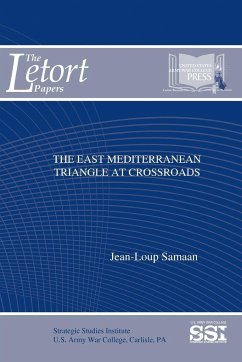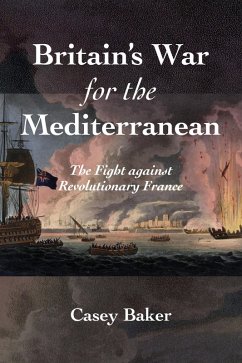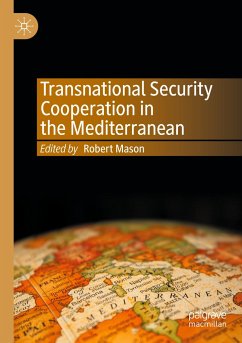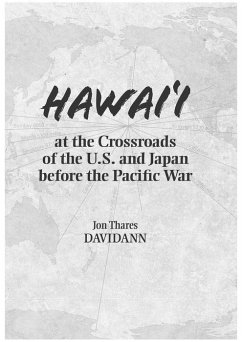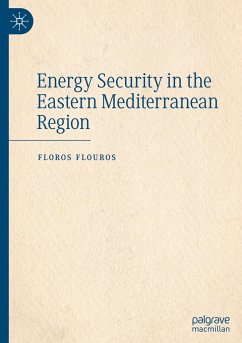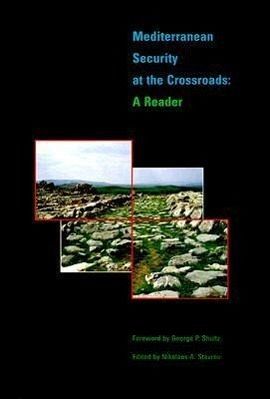
Mediterranean Security at the Crossroads
A Reader
Herausgeber: Stavrou, Nikolaos A
Versandkostenfrei!
Versandfertig in über 4 Wochen
47,99 €
inkl. MwSt.

PAYBACK Punkte
24 °P sammeln!
The Mediterranean is a diverse and volatile region, especially in its post-Cold War state, and it is entering a new phase of uncertainty. Twenty-two sovereign states surround this body of water: six are part of the Western alliance system, three have engaged in or supported terrorism, and others face serious internal tensions arising from territorial claims and ethnic strife. An expansion of a previous issue of Mediterranean Quarterly, this book brings together a distinguished array of diplomats, politicians, scholars, and policymakers representing twelve countries and a variety of interests a...
The Mediterranean is a diverse and volatile region, especially in its post-Cold War state, and it is entering a new phase of uncertainty. Twenty-two sovereign states surround this body of water: six are part of the Western alliance system, three have engaged in or supported terrorism, and others face serious internal tensions arising from territorial claims and ethnic strife. An expansion of a previous issue of Mediterranean Quarterly, this book brings together a distinguished array of diplomats, politicians, scholars, and policymakers representing twelve countries and a variety of interests and ideas to discuss this unique region and to explore its prospects for peace and stability. New essays in this expanded volume include a reflection by former President Jimmy Carter on the causes of war and their links to human suffering, a prophetic analysis of the post-Cold War environment in the Mediterranean by former U.N. Secretary General Boutros-Boutros Ghali, an essay on the strategic significance of Turkey in the eastern Mediterranean by the former Turkish ambassador to the United States, and, in light of recent events in Kosovo and elsewhere in the former Yugoslavia, a piece on the issue of Balkan security by the editor. Introducing the volume is a foreword by former U.S. Secretary of State George P. Schultz and an essay focusing on NATO in the Mediterranean by Javier Solana, the Secretary General of NATO. Central to the Mediterranean debate is the question of NATO’s role in its future. Some contributors suggest that the southward expansion of NATO could be an important first step toward stability, while others argue that the Mediterranean should be treated as an integrated geostrategic region, with a central place in Western security considerations. Other essays discuss the comparative experience of UNPROFOR and IFOR in the former Yugoslavia; the role of Italy in the future of the Mediterranean; the economic challenges facing the Middle East; and the role of Israel and its relationship to its neighbors. Mediterranean Security at the Crossroads is one of the first in-depth looks at this region from a strictly post-Cold War perspective. Contributors. Hanan Bar-On, Ted Galen Carpenter, Jimmy Carter, Charles G. Cogan, Gregorios Demestichas, Boutros-Boutros Ghali, Carlo Jean, Nuzhet Kandemir, Nicolai A. Kovalsky, William H. Lewis, Peter H. Liotta, John A. MacInnis, Phebe Marr, Matthew Nimetz, George P. Schultz, Javier Solana, Richard F. Staar, Nikolaos A. Stavrou, George Vella, W. Bruce Weinrod



